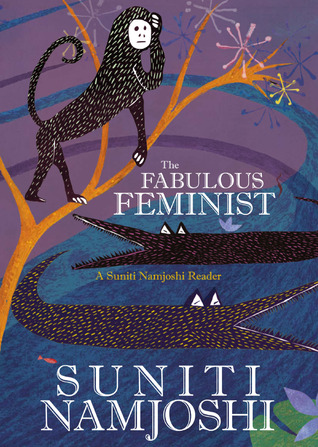

Namjoshi’s fables have the zing of rage that has metamorphosed into delight. But the poor, delicate woman catches a cold and dies. We meet that princess too, who is so much the real deal that she can feel a small green pea while lying on top of seven thick mattresses. A woman prays to Lord Vishnu and asks for a boon: “I want human status.” “The god hedged and appointed a commission,” Namjoshi writes. Her first book, Feminist Fables (1981), prised apart old fables and myths and turned them into sharp, jewel-like stories, which glinted with a wicked wit and mocked the absurdities of an unequal world. Namjoshi is a fabulist with a difference her brilliant, playful and subversive work is impossible to stuff inside a box of didacticism. It is a cloudy Bengaluru afternoon, and the UK-based writer is in the country on a private visit.

Can they change the way children think? “Can stories change anything? I am not sure.” The voice of scepticism belongs to poet and rewriter of fables, Suniti Namjoshi.


 0 kommentar(er)
0 kommentar(er)
